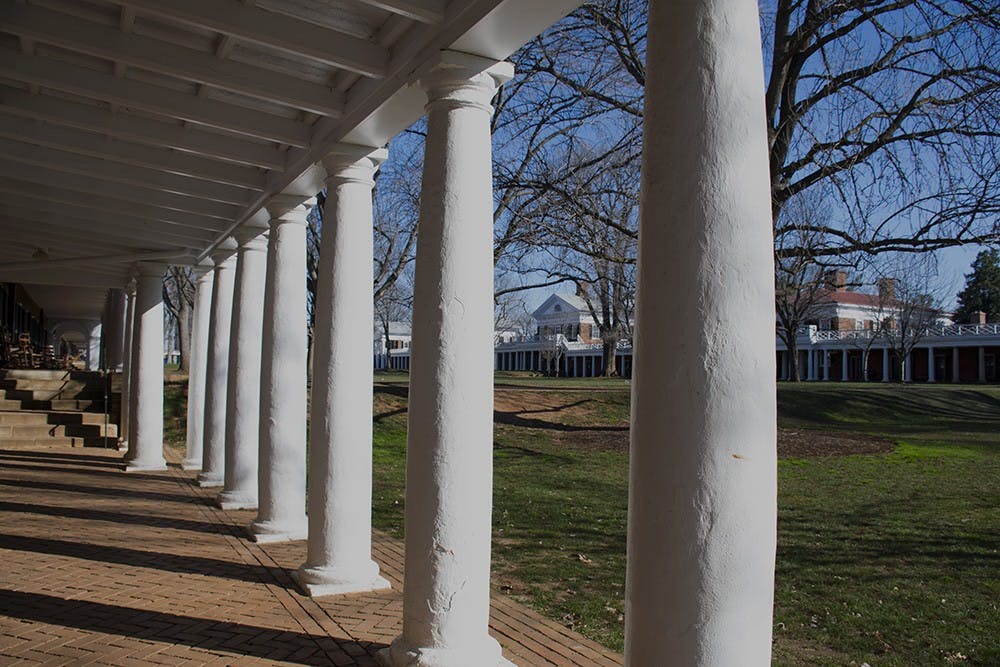The Washington Post recently released an article detailing an alleged sexual assault at the University in which the alleged victim claims she was blacked out at Block Party and sexually assaulted by a first-year student athlete.
Then second-year College student Haley Lind alleges she was sexually assaulted at Block Party in Aug. 2015 by a male student who remains anonymous in the article. Both the alleged perpetrator and victim were drunk at the time — though the male student claims that he and Lind had consensual sex on the night in question.
The Post described Lind’s account of her assault as “a sobering portrait of the real-world consequences of college party culture.”
After the alleged assault was brought to the University’s attention, University investigators completed a formal investigation of the accusation. The University notified the Charlottesville Police Department of the allegation, and the CPD also opened a case.
University investigators Maureen Holland and Suzan Garson conducted more than 20 interviews and wrote a nearly 100-page report before the male student was eventually exonerated.
Holland and Garson found Lind’s account of her memory loss “credible” but were “left to rely on” the male student’s account of the night, according to the Post.
“Because [Lind] has no memory she is unable to offer any facts that support or refute others’ descriptions of the events,” Holland and Garson wrote in their report.
Despite Lind being drunk, she could have still given consent, and there was no way for the male student to know if she was fully incapacitated, Holland and Garson said in the report.
The issue at hand was whether affirmative consent could be given when both Lind and the male student were inebriated.
Fifty-nine percent of individuals are unsure if a sexual assault has occurred if both involved parties are under the influence of alcohol or drugs, according to a Washington Post-Kaiser Family Foundation poll.
Lind’s legal counsel was unable to appeal her case after the male student was exonerated in May 2016. The CPD has also suspended its case.
Legal counsel for both the male student and Lind said they believed the University conducted a thorough investigation of the alleged assault, according to the Washington Post. Although Lind’s counsel — James Marsh — added that he believed it would not have been difficult to prove Lind was sexually assaulted that night.







